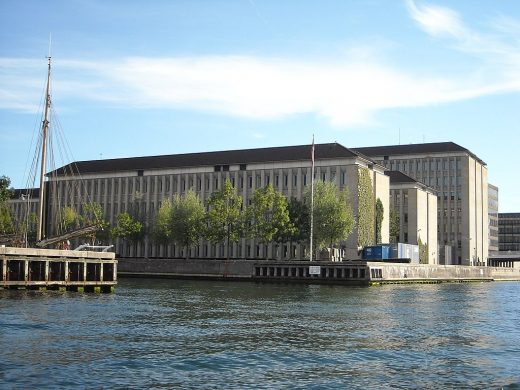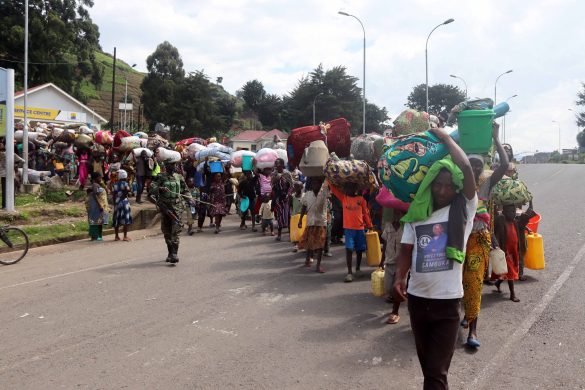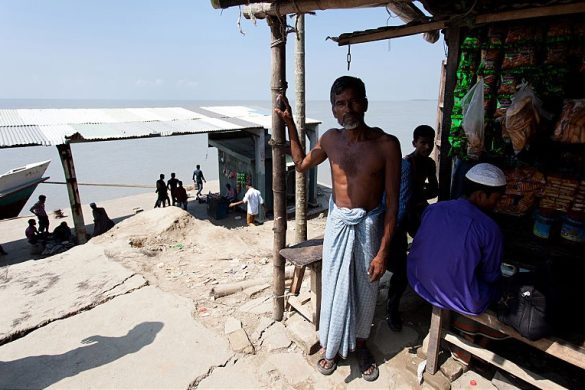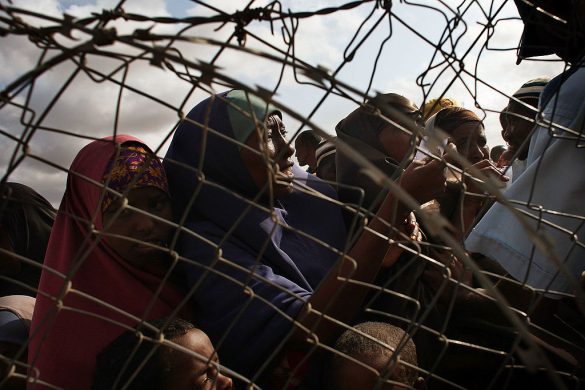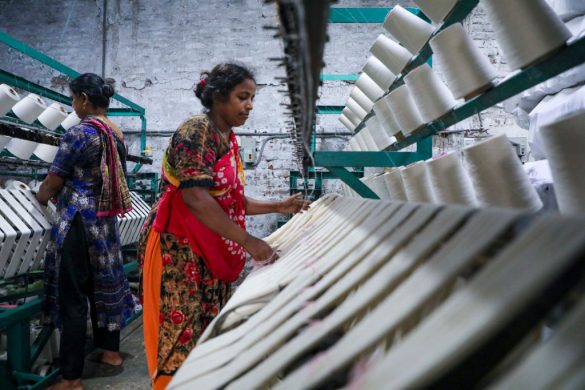ROME, 15 December 2015 (FAO) Four traditional farming systems in Bangladesh and Japan have been designated Tuesday by FAO as "Globally Important Agricultural Heritage Systems."
Mere om begrebet på http://www.fao.org/giahs/giahs-home/en
They include Bangladesh's floating gardens, a unique hydroponics production system constructed with natural grasses and plants, which have been developed in flood areas.
Hvad er hydroponisk /aeroponisk)? Se
https://www.dhkh.dk/shop/cms-aeroponisk.html
The trio of sites in Japan consist of:
– the sustainable river fisheries utilizing Sato-kawa system in Gifu,
– the Minabe-Tanabe Ume approach to growing apricots on nutrient-poor slopes in Wakayama; and
– the Takachihogo-Shiibayama mountainous agriculture and forestry system in Miyazaki which allows agricultural and forestry production in a steep mountainous area.
These new designations bring the number of Globally Important Agricultural Heritage Systems (GIAHS) systems to a total of 36 sites located in 15 countries in Africa, Latin America, Near East and Asia.
De “flydende haver” i Bangladesh
Farmers in some parts of Bangladesh where flood waters can remain for a prolonged period of time have developed a unique hydroponics system in which plants can be grown on the water on floating organic bed of water hyacinth, algae and other plant residues.
This environmentally friendly traditional cultivation technique utilizes the natural resources of wetlands to grow vegetables and other crops almost all year round providing numerous social, economic, agricultural and ecological benefits to the local population.
FAO Deputy Director-General Maria Helena Semedo said:
"In the context of today's environmental and economic challenges and climate change, small-scale and family farmers, and especially traditional agriculture, can offer real solutions for food security, the conservation of natural resources and sustainable rural development, if adequate policies and investment are directed to them".
The Globally Important Agricultural Heritage Systems (GIAHS) was launched by FAO in 2002 during the World Summit on Sustainable Development in Johannesburg, South Africa.
It has been recently endorsed by member countries, during the 39th Session of the FAO Conference, as an FAO Corporate Programme.


